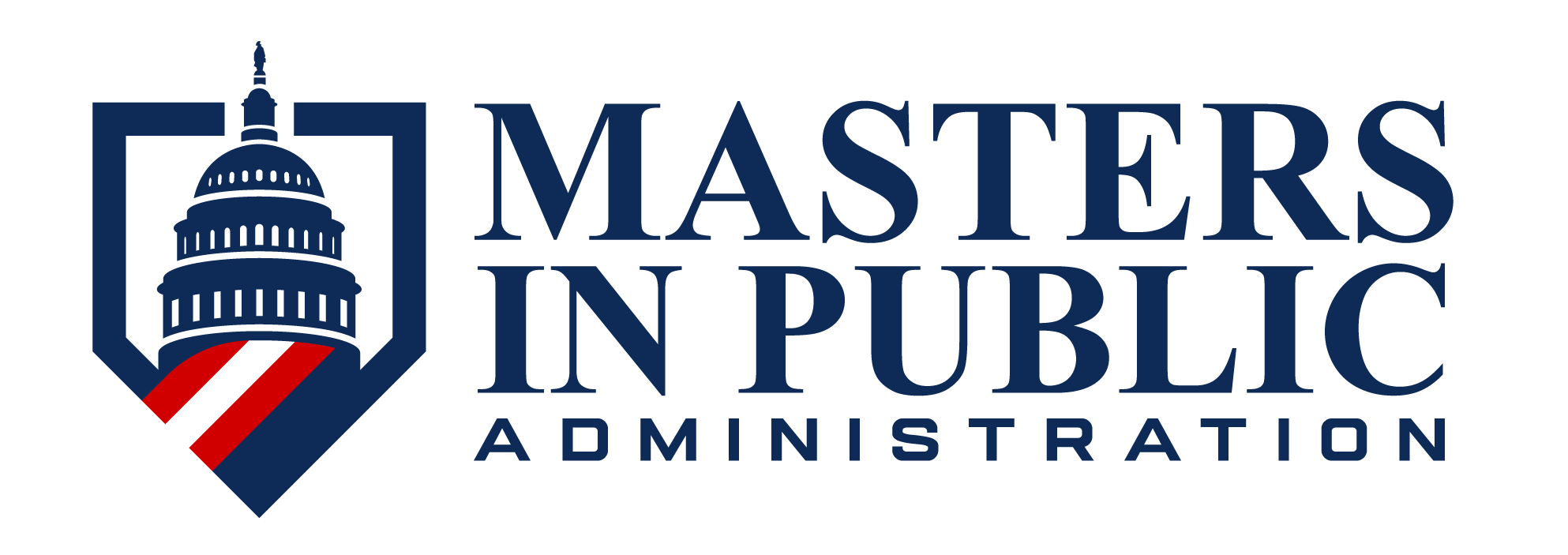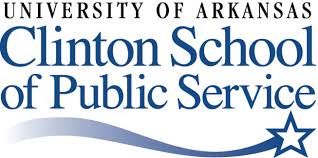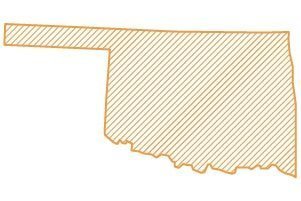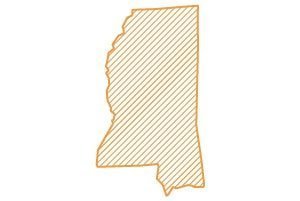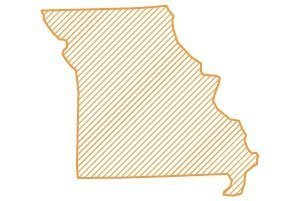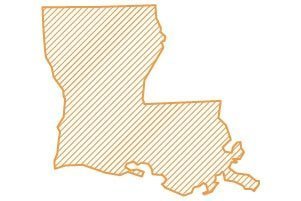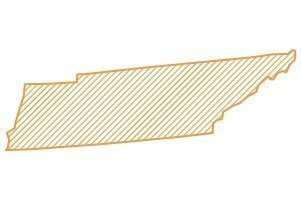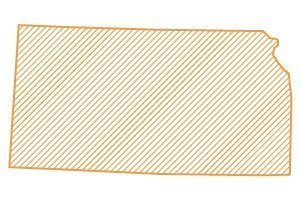Introduction
Studying for an MPA degree in Arkansas offers several perks. The state’s relatively low cost of living makes it more affordable for students, especially when compared to larger cities. Arkansas also boasts a strong sense of community, which can be beneficial for networking and building relationships in the public administration field.
As an MPA graduate student in Arkansas, you’ll find a variety of fun activities to enjoy in your free time. Arkansas is known for its natural beauty, so take advantage of the numerous hiking trails, scenic drives, and state parks. Places like Hot Springs National Park, Buffalo National River, and Petit Jean State Park offer stunning landscapes and outdoor activities.
Key State Takeaways:
- Total MPA Programs Statewide: 4
- NASPAA-Accredited Programs: 2
- Annual Resident Tuition Average: $10,908 (PYR)
- Annual Non-Resident Tuition Average: $17,470 (PYR)
- Program Formats Offered: Online and On-Campus
- Average Starting Salary: $60,100 (PYR)
MPA Programs in Arkansas
Overall, pursuing an MPA degree in Arkansas can offer a rewarding academic experience in a supportive and affordable environment. The state of Arkansas has four educational institutions that offer MPA graduate degree programs, two of which are NASPAA-accredited. Students can find both NASPAA-accredited schools that offer a range of specializations and flexible learning options to suit their career goals and aspirations in public administration:
Arkansas State University
- Jonesboro, AR.
- 36 Credit Hours
- Online
Program:
Public Administration Program
Program Overview:
A-State’s MPA program is fully online and NASPAA-accredited, offering asynchronous learning designed for working professionals across the country. The flexible structure accommodates students balancing full-time employment.
With students located in over 20 states and internationally, A-State offers a diverse online classroom environment, encouraging discussion and collaboration across a broad spectrum of public service experiences and geographic perspectives.
Unique Components:
- Focus Areas: Students can choose from two concentration tracks: Public Management and Nonprofit Management. These tracks offer targeted training in budgeting, leadership, and administrative strategy specific to either government or nonprofit work environments.
- Curriculum: The program includes a capstone experience in which students demonstrate their mastery of public administration through applied research and analysis, tailored to their area of focus. Pre-service students may also participate in internships coordinated through the department.
Key Data Highlights:
- Format: 100% Online (Asynchronous)
- Accreditation: NASPAA, HLC
- Credit Hours: 36
- GRE: Not required
- Resident Tuition: $363 (PCH)
- Non-Resident Tuition: $665 (PCH)
- Acceptance Rate: 70%
- Enrollment: 100 annually
Other Considerations:
- Arkansas State offers a 4+1 accelerated MPA option, allowing undergraduates to begin graduate coursework and complete the MPA just one year after finishing their bachelor’s degree.
- Online students benefit from dedicated academic advising, writing support, and virtual career coaching, making the program accessible and supportive for nontraditional learners.
University of Arkansas
- Little Rock, AR.
- 42 Credit Hours
- Campus
Program:
Clinton School of Public Service
Program Overview:
The Clinton School offers a residency-based, intensive curriculum in downtown Little Rock, promoting civic engagement through practicum and summer internships in nonprofit, government, and private sectors. The program attracts students who are committed to social impact and public service leadership.
Unique Components:
- Curriculum: A hallmark of the program is its Capstone Course, where students work in multidisciplinary teams on real-world projects for community partners. The emphasis is on building durable solutions to public problems while developing strong leadership competencies.
- The Clinton School supports students through a robust fellowship and professional development network, including with local government, philanthropic organizations, and other Clinton-affiliated institutions.
Key Data Highlights:
- Format: On-Campus
- Accreditation: NASPAA, HLC
- Credit Hours: 42
- GRE: Not required
- Resident Tuition: $350 (PCH)
- Non-Resident Tuition: $620 (PCH)
- Acceptance Rate: 40%
- Enrollment: 60-80 per cohort
Other Considerations:
- Students receive full or partial fellowships, which include tuition coverage and a modest living stipend during their residency year. Application to the program is also the application for automatic scholarship consideration.
- Graduates join a strong alumni network, with many working in policy-making, nonprofit leadership, and public sector roles at the local, state, and national levels.
Public service opportunities are enhanced by the Clinton School’s strategic location in Little Rock, offering easy access to state government, national nonprofits, and civic organizations—ideal for networking and job placement.
Accreditation Details
In Arkansas, NASPAA (Network of Schools of Public Policy, Affairs, and Administration) accredited programs offer students the assurance of high-quality education in public administration. These programs adhere to rigorous standards set by NASPAA, ensuring that students receive a comprehensive and relevant curriculum that prepares them for successful careers in public service.
Non-Accredited Schools
The remaining two Arkansas programs are accredited by the Higher Learning Commission (HLC), the regional accrediting body for postsecondary institutions in the central United States. While not program-specific like NASPAA, HLC accreditation ensures institutional quality and eligibility for federal financial aid:
| Institution | Location | Accreditation | Credit Hours | Modality |
|---|---|---|---|---|
| Southern Arkansas University | Magnolia, AK | NCACSHLC | 36 | Online |
| University of Arkansas | Fayetteville, AK | NCACSHLC | 36 | On-Campus |
Career Outlook
Arkansas can be a good place to work with an MPA degree, especially for those interested in public service and community development. In Arkansas, there are several MPA-related jobs and professions that are unique to the state due to its specific needs and governmental structure. Some examples include:
- Community Development Manager: Arkansas has many rural communities that require professionals to manage community development projects, secure funding, and implement programs to improve quality of life.
- State Government Administrator: Working in various state government agencies, MPA graduates can play a crucial role in policy development, program management, and intergovernmental relations.
- Nonprofit Executive Director: Arkansas has a strong nonprofit sector that relies on skilled leaders to manage organizations addressing social, environmental, and economic challenges.
- Healthcare Policy Analyst: With healthcare being a significant issue in Arkansas, professionals with an MPA can analyze policies, manage programs, and work towards improving healthcare access and outcomes.
The state offers a lower cost of living compared to many other parts of the country, which can make it easier to live comfortably on a public sector salary. Overall, MPA graduates in Arkansas can find rewarding career opportunities that allow them to make a positive impact on their communities.
Demand for program administrators is also strong in healthcare policy, education reform, and housing development sectors. According to the U.S. Bureau of Labor Statistics and state labor forecasts, public service professionals in Arkansas earn the following average salaries:
- Public Policy Analyst: $58,000–$78,000
- City/County Administrator: $68,000–$95,000
- Nonprofit Program Director: $55,000–$80,000
- Public Health Administrator: $60,000–$85,000
All MPA Programs in Arkansas
| School Name | Degree Program Name | State | City | NASPAA Accredited | Online Degree | Program Link |
|---|---|---|---|---|---|---|
| Arkansas State University | Master Of Public Administration | Arkansas | Jonesboro | Yes | Yes | https://www.astate.edu/info/academics/degrees/degree-details.dot?mid=5b012387-946f-4465-96cf-1d507ef46632 |
| University of Arkansas Clinton School of Public Service | Master of Public Service | Arkansas | Little Rock | No | No | https://clintonschool.uasys.edu/academics/master-of-public-service/ |
| University of Arkansas at Little Rock | Master Of Public Administration | Arkansas | Little Rock | No | Yes | https://ualr.edu/publicaffairs/mpa/ |
| University of Arkansas, Fayetteville | Master Of Public Administration | Arkansas | Fayetteville | No | No | https://fulbright.uark.edu/departments/political-science/graduate-studies/mpa-program/index.php |
Frequently Asked Questions (FAQ)
Q: Are GRE scores required for admission to MPA programs in Arkansas?
A: No, none of the MPA programs in Arkansas currently require the GRE. Admission decisions typically rely on undergraduate GPA, letters of recommendation, and statements of intent.
Q: Are there any NASPAA-accredited MPA programs in Arkansas?
A: Yes. Two programs—Arkansas State University and the University of Arkansas Clinton School of Public Service—are accredited by NASPAA. These programs meet the highest national standards for curriculum, assessment, and public service education.
Q: What types of financial aid are available?
A: Students may qualify for graduate assistantships, tuition scholarships, or employer reimbursement programs. Federal financial aid is also available, and several Arkansas universities offer in-state tuition to online students regardless of location.
Q: Can I complete an MPA program fully online in Arkansas?
A: Yes. Arkansas State University and Southern Arkansas University both offer 100% online MPA programs. These asynchronous options are ideal for working adults and students living outside metro areas.
Q: How long does it take to earn an MPA in Arkansas?
A: Most programs require 36–42 credit hours and can be completed in 18–24 months of full-time study. Part-time students typically finish in 2.5 to 3 years, depending on course load.
